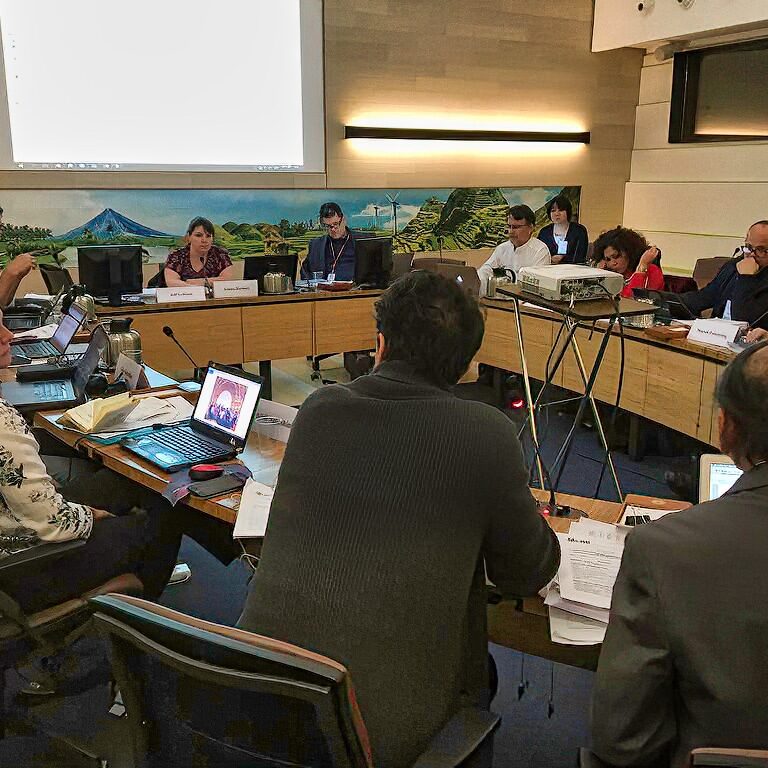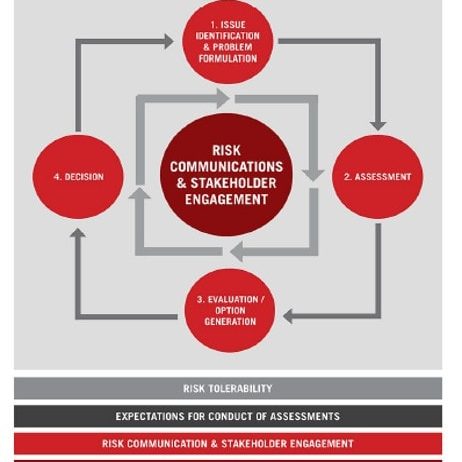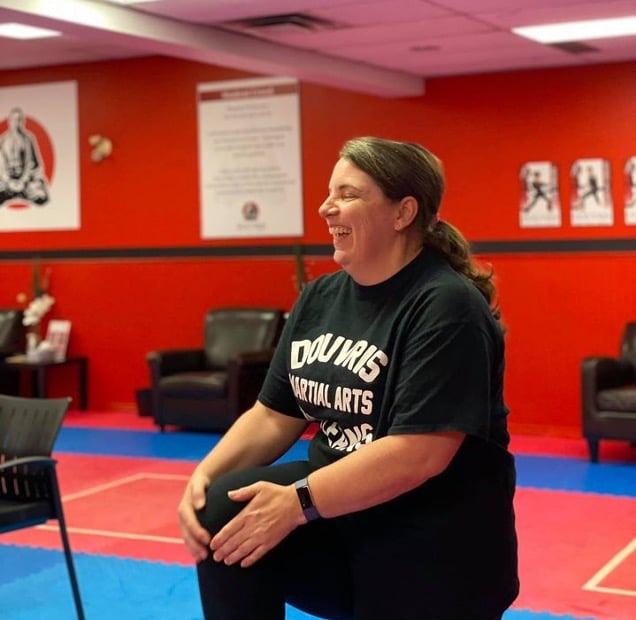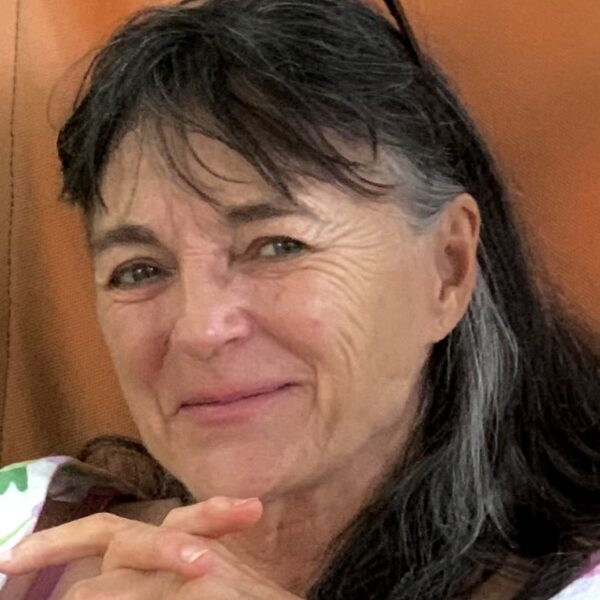
Dr. Emma Hartnett
PhD, BSc
Vice-President Risk Modelling and Simulation
Joined RSI in 2006
- Awarded the Chauncey Starr Award by Society for Risk Analysis (2016)
Dr. Emma Hartnett is Vice-President, Risk Modelling and Simulation at Risk Sciences International (RSI), where she has been a foundational member since its inception in 2006. A globally recognized authority in quantitative risk assessment (QRA), she specializes in developing risk models and decision support tools for complex public health and safety challenges across biological, chemical, and environmental domains.
Emma leads RSI’s modeling and simulation team, supporting governments and international organizations in the design of evidence-based, simulation-driven decision frameworks. Her current work includes:
-
Collaborating with the Canadian Food Inspection Agency (CFIA) on methodologies for risk-based monitoring of contaminants in food;
-
Supporting Transport Canada in developing tools and guidelines for public risk assessment across the national transportation system;
-
Continuing long-standing development work on the FDA-iRISK platform, a decision-support tool for the U.S. Food and Drug Administration used globally for assessing risks related to foodborne hazards.
Dr. Hartnett is known for pairing scientific rigor with practical implementation. She has been instrumental in operationalizing risk models for bioterrorism preparedness, infectious disease control, chemical hazard analysis, and health system surge capacity planning. Her work bridges conceptual modeling with applied simulation, delivering actionable insights for real-world decision-making.
She is also a dedicated educator, regularly providing international training on risk analysis and QRA. Her training sessions have reached professionals and regulators across Canada, the United States, the UK, China, Egypt, Bahrain, and the UAE, among others—equipping the next generation of public health risk practitioners with applied skills in modeling and evidence interpretation.
Pre-RSI
Emma’s path into risk science began with a dual foundation in microbiology and statistics, combining the empirical logic of biological systems with the predictive power of mathematical modeling. She earned her BSc in Microbiology before pursuing a PhD in Statistics and Modelling Science, where she first entered the field of risk assessment through her doctoral work on quantitative modeling of Campylobacter infection risk in humans from chicken consumption.
Her early academic focus on microbiological risk modeling laid the groundwork for her later interdisciplinary contributions. Drawing from both her microbiological training and her advanced modeling expertise, Emma quickly emerged as a leading expert in simulation-based risk assessment—particularly in public health contexts involving food, water, zoonotic transmission, and environmental exposure.
She has served as an expert for several prestigious institutions and international reviews, including:
-
The Joint FAO/WHO Expert Meetings on Microbiological Risk Assessment (JEMRA), where she was appointed to the Roster of Experts (2018–2022) and chaired the drafting of the 2020 Guidance of Microbiological Risk Assessment for Food;
-
The U.S. National Academies, where she provided peer review for the Letter Report on the FSIS Risk-Based Attribution Framework;
-
The Council of Canadian Academies, contributing to Healthy Animals, Healthy Canadians: The Expert Panel on Approaches to Animal Health Risk Assessment;
-
The European Commission for the Control of Foot and Mouth Disease, where she submitted an invited technical report to the 35th session.
This early international and inter-agency work cemented her reputation as an authoritative voice in risk modeling at the intersection of human health, animal health, and food safety.
Case studies associated with Emma Hartnett
Publications associated with Emma Hartnett
Development of a risk-ranking framework to evaluate potential high-threat microorganisms, toxins, and chemicals in food.
Modeling the public health system response to a terrorist event in the food supply.
FDA-iRISK–a comparative risk assessment system for evaluating and ranking food-hazard pairs: case studies on microbial hazards.
Research gaps and priorities for quantitative microbial risk assessment (QMRA).
Search all publications
RSI News associated with Emma Hartnett
Use of Probabilistic Exposure Models in the Assessment of Dietary Exposure to Chemicals
Outside RSI
Beyond her professional life, Emma Hartnett finds balance through martial arts, storytelling, and culinary creativity. A dedicated practitioner of karate, she is actively working toward her Sandan (third degree black belt) and has competed successfully—earning Gold at the 2020 Douvris Virtual In-house Tournament, which featured participants from Canada, Guatemala, Ecuador, and Panama.
Emma’s love of structure and discipline extends beyond the dojo. She’s an avid reader and movie-watcher, often gravitating toward stories that explore resilience, systems, and complexity—reflective of her own mindset as a risk scientist. She also finds joy in cooking, treating it as both a creative outlet and a way to relax after long modeling sessions.
Whether training in karate, mentoring junior analysts, or chairing international working groups, Emma brings precision, persistence, and perspective to everything she does. Her career exemplifies the evolving role of simulation in public decision-making—and her life beyond RSI reflects a deep commitment to continual growth and focused determination.







































